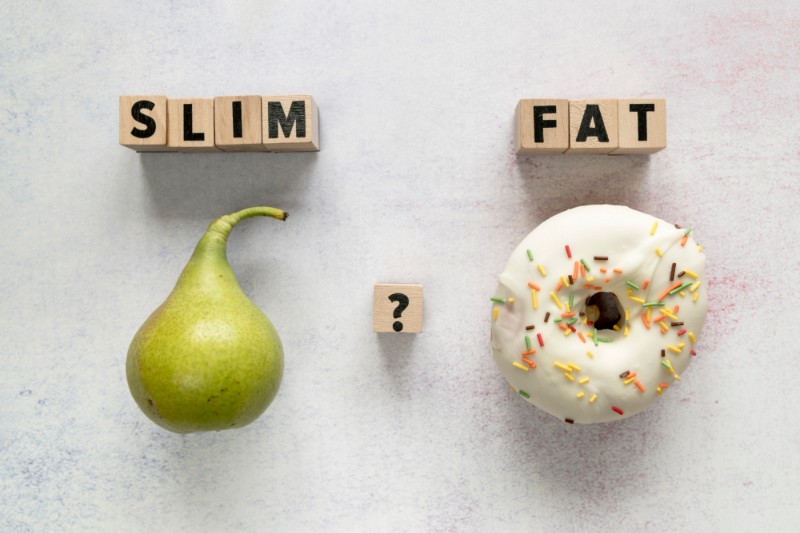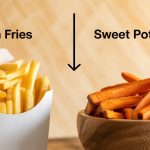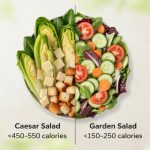Introduction
When you’re trying to lose weight, the last thing you want is your body compensating for a deficit of calories by slowing down your metabolism and making you feel hungrier. But, in some cases, it’s possible that this happens over time. In other words: Yes, eating fewer calories can make it harder to lose weight over time.
It’s possible to eat fewer calories without feeling hungry
It’s possible to eat fewer calories without feeling hungry. The key is to focus on more than just the total number of calories you consume.
Calories are not the only thing that affects appetite, and when it comes down to it, your body doesn’t care about simple numbers; it cares about whether or not you have enough energy (fuel) stored in your fat stores for future use. While some people do lose weight by simply cutting back on their portions and counting calories (and these are often those who believe they can control their weight by doing so), others find that eating fewer calories causes them to feel hungrier as a result. This reaction can be especially strong if the change was abrupt rather than gradual, but even when done properly over time, some people still experience unpleasant side effects such as headaches and dizziness—not exactly ideal while trying to maintain health!
On top of this issue is another factor: our bodies may actually make us feel less hungry once we start eating less food overall because they adjust themselves accordingly, so we don’t starve ourselves! That’s right—you might actually be able to eat less without feeling like an extra-hungry skeleton thanks solely to how your body works (or fails) around food intake levels that aren’t sufficient enough yet also aren’t too high either.
The effect of calorie intake on hormones is gradual
Hormones are chemical messengers that are released into the bloodstream, where they travel to their target cells. Hormones can be thought of as the body’s way of communicating with itself. They’re triggered by certain stimuli or events, and then produce a specific effect on the body.
The gradual change in hormone levels may explain why you don’t experience extreme hunger until a few weeks into an energy deficit, but it also makes it difficult to predict exactly how your body will respond. This means that while extreme calorie restriction might not be sustainable in the long term, you’ll likely need to make some adjustments along the way based on how your metabolism responds at various points throughout your dieting journey.

Metabolism can really slow down when you severely cut calories
When you severely under-eat, your metabolism can slow down. This is a survival mechanism to conserve energy while you’re starving.
Your body might also burn fewer calories if you simply eat less than your body needs to maintain its current weight.
For example: if you weigh 150 pounds and are trying to lose weight by eating 1,200 calories per day, but your daily activity level requires 2,300 calories per day for optimal functioning—the difference of 1,100 more than what you’re eating—your body will try to make up for this deficit by burning as little energy as possible so it doesn’t have excess stores of fat on hand in case food sources run low again (or worse!). This can happen even if the person isn’t actually starving themselves; it all depends on their individual metabolism and activity level.
Eventually, your body compensates for a deficit of calories by slowing down your metabolism and making you feel hungrier
Eventually, your body compensates for a deficit of calories by slowing down your metabolism and making you feel hungrier. This is why it’s so important to make sure that if you’re trying to lose weight, you don’t go below 1,500 calories per day (the general minimum recommendation). You can also try eating five to six smaller meals throughout the day instead of three bigger meals—it will keep your metabolism going strong!
Conclusion
Your body is an amazing machine, and it can certainly adjust to changes in your diet. But the key to losing weight and keeping it off for good is consistency—and that means keeping track of what you’re eating every day. But keep in mind that even if you’re attempting to lose weight, you still need to consume enough nutritious calories to power your body.
© 2012-2022 by LiVentures. All rights reserved. No part of this document may be reproduced or transmitted in any form or by any means, electronic, mechanical, photocopying, recording, or otherwise, without prior written permission of LiVentures.






